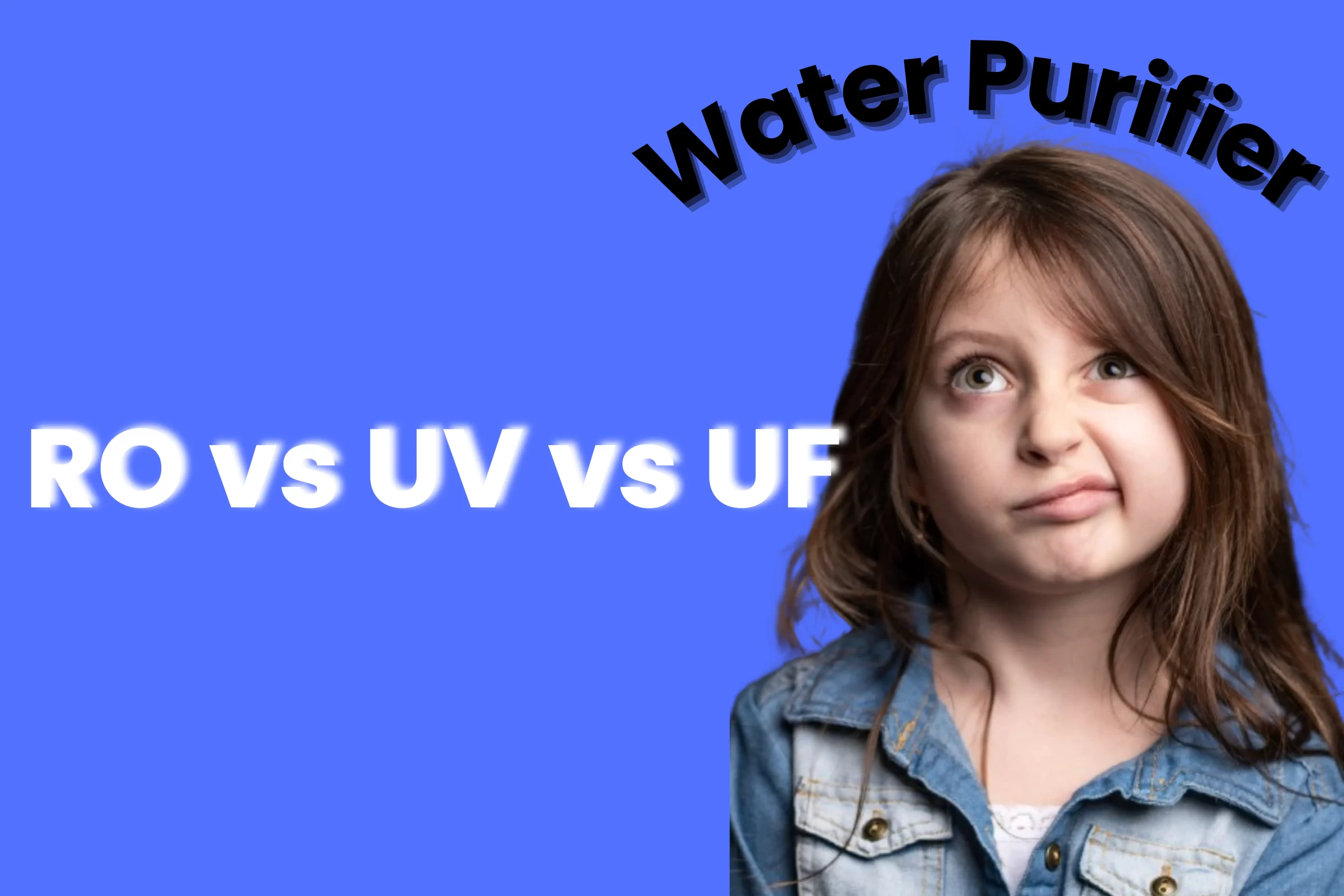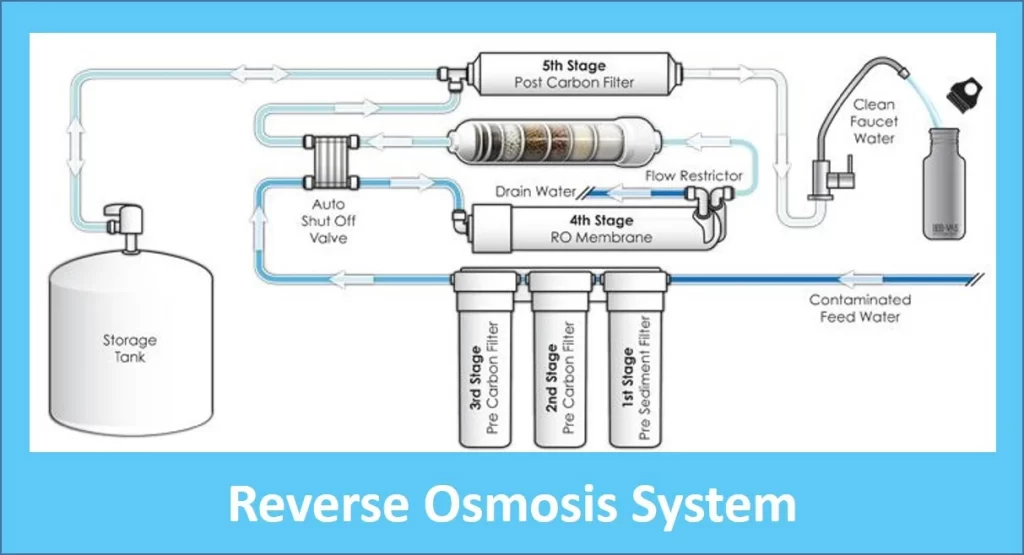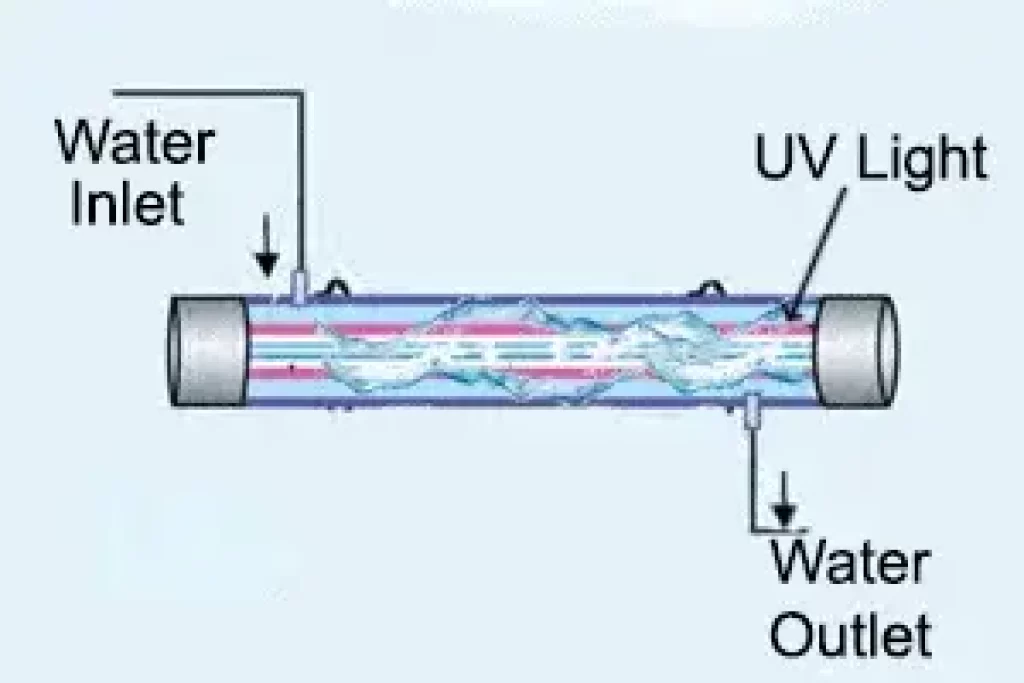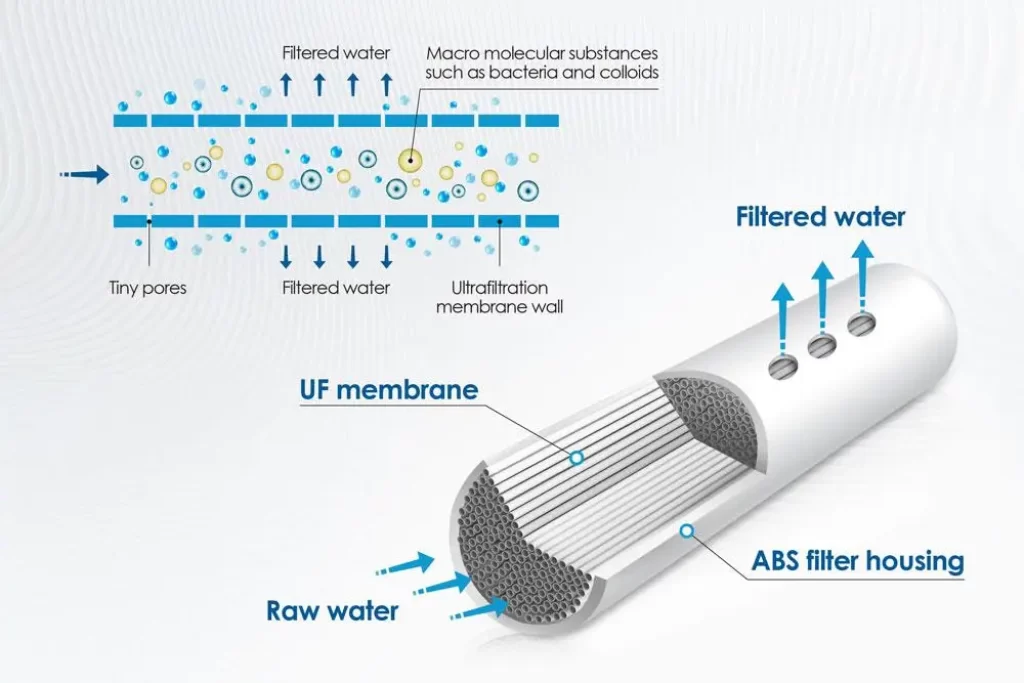RO vs UV vs UF Water Purifier Which is Best

Introduction to RO vs UV vs UF Water Purifier
In today’s world, ensuring the purity of our drinking water is more crucial than ever. Water purifiers have become an indispensable appliance in households, offering different technologies to eliminate contaminants. Among the popular choices are RO (Reverse Osmosis), UV (Ultraviolet), and UF (Ultrafiltration) water purifiers. In this comprehensive guide, we’ll explore the strengths and weaknesses of each technology to help you make an informed decision about which type suits your specific needs.
Table of Contents
Understanding RO vs UV vs UF Water Purifier
Reverse Osmosis (RO) Water Purifiers
RO technology utilizes a semi-permeable membrane to remove impurities from water. It effectively eliminates contaminants such as heavy metals, dissolved salts, and microbes, ensuring high-quality drinking water. However, it’s essential to note that RO purifiers may also remove essential minerals, impacting the taste and nutritional value of the water.

Ultraviolet (UV) Water Purifiers
UV water purifiers use ultraviolet light to deactivate and eliminate harmful microorganisms like bacteria and viruses. This technology doesn’t alter the water’s chemical composition, making it a suitable choice for preserving essential minerals. However, it may not be as effective against certain chemical contaminants or particles.

Ultrafiltration (UF) Water Purifiers
UF purifiers work by passing water through a fine membrane that traps larger particles, including bacteria and parasites. This technology is known for maintaining essential minerals while effectively removing suspended solids. UF purifiers are particularly useful in areas with a high microbial presence in the water.

Choosing the Right Water Purifier for You
After comparing RO vs UV vs UF Water Purifier, you may choose one of the considering the following facts;
RO (Reverse Osmosis) Water Purifier
When to Choose a RO Water Purifier:
- High TDS Levels: If your water source has high Total Dissolved Solids (TDS) levels, such as dissolved salts, minerals, and heavy metals, an RO water purifier is a suitable choice. RO is highly effective in reducing TDS and eliminating a wide range of contaminants.
- Comprehensive Filtration: RO systems excel at providing thorough filtration, removing impurities like arsenic, fluoride, and lead. It’s an ideal choice for areas with poor water quality.
- Reducing Hardness: If your water is hard, meaning it has elevated levels of calcium and magnesium, an RO system can help soften it by removing these minerals.
UV (Ultraviolet) Water Purifier
When to Choose UV Water Purifier:
- Microbial Contamination: If your primary concern is the presence of bacteria, viruses, and other microorganisms in your water, a UV water purifier is a suitable choice. UV light effectively deactivates and eliminates these microorganisms, ensuring microbiologically safe water.
- Preserving Minerals: UV purification doesn’t alter the chemical composition of water, meaning it preserves the natural taste and essential minerals. If you want water that retains its original flavor and mineral content, UV is a good option.
- Low TDS Levels: UV purifiers are more suitable for water with lower TDS levels, as they are not designed to reduce dissolved solids.
UF (Ultrafiltration) Water Purifier
When to Choose UF Water Purifier:
- Suspended Solids and Microbes: UF technology is effective in removing suspended solids, bacteria, and parasites from water. If your water source is prone to sediment or microbial contamination, a UF water purifier is a practical choice.
- Preserving Minerals: Similar to UV, UF systems retain essential minerals in the water, making it a good option if you prefer water with a natural taste and nutritional value.
- Lower Maintenance Costs: UF purifiers often have lower maintenance costs compared to RO systems, making them cost-effective over the long term.
Conclusion
In the debate of RO vs UV vs UF water purifiers, there isn’t a one-size-fits-all solution. The choice depends on your specific water quality, preferences, and budget. Conduct a thorough analysis of your water source and consider the benefits and drawbacks of each technology to make an informed decision.
The choice between RO, UV, and UF water purifiers ultimately depends on the specific characteristics of your water and your preferences. Conduct a water quality analysis, consider the contaminants present, and evaluate factors such as maintenance, energy consumption, and cost to make an informed decision that best suits your needs.


